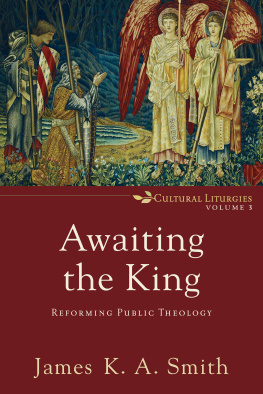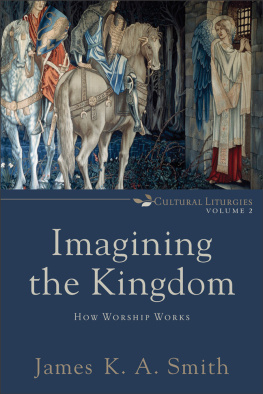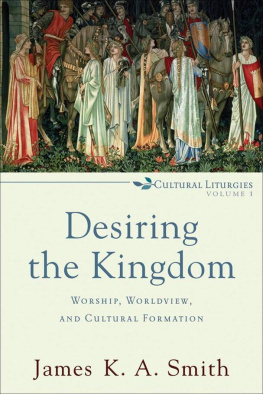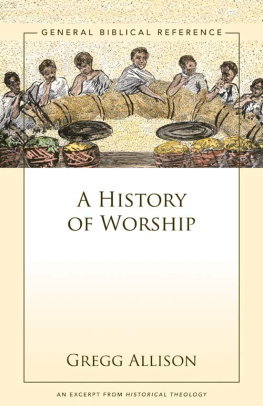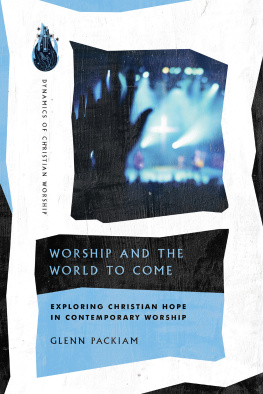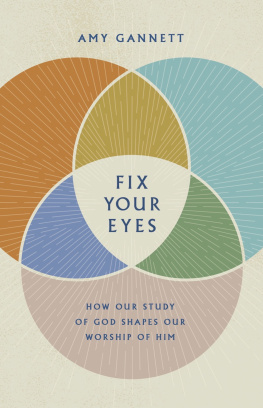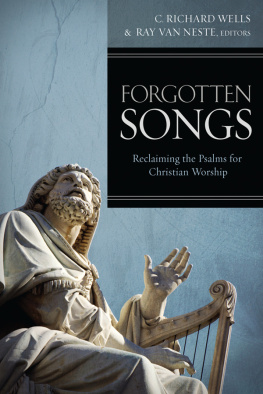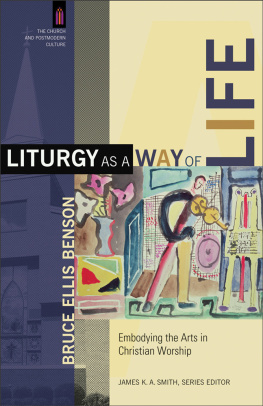James K.A. Smith - Awaiting the King: Reforming Public Theology
Here you can read online James K.A. Smith - Awaiting the King: Reforming Public Theology full text of the book (entire story) in english for free. Download pdf and epub, get meaning, cover and reviews about this ebook. year: 2017, publisher: Baker Academic, genre: Politics. Description of the work, (preface) as well as reviews are available. Best literature library LitArk.com created for fans of good reading and offers a wide selection of genres:
Romance novel
Science fiction
Adventure
Detective
Science
History
Home and family
Prose
Art
Politics
Computer
Non-fiction
Religion
Business
Children
Humor
Choose a favorite category and find really read worthwhile books. Enjoy immersion in the world of imagination, feel the emotions of the characters or learn something new for yourself, make an fascinating discovery.
- Book:Awaiting the King: Reforming Public Theology
- Author:
- Publisher:Baker Academic
- Genre:
- Year:2017
- Rating:5 / 5
- Favourites:Add to favourites
- Your mark:
- 100
- 1
- 2
- 3
- 4
- 5
Awaiting the King: Reforming Public Theology: summary, description and annotation
We offer to read an annotation, description, summary or preface (depends on what the author of the book "Awaiting the King: Reforming Public Theology" wrote himself). If you haven't found the necessary information about the book — write in the comments, we will try to find it.
Awaiting the King: Reforming Public Theology — read online for free the complete book (whole text) full work
Below is the text of the book, divided by pages. System saving the place of the last page read, allows you to conveniently read the book "Awaiting the King: Reforming Public Theology" online for free, without having to search again every time where you left off. Put a bookmark, and you can go to the page where you finished reading at any time.
Font size:
Interval:
Bookmark:
2017 by James K. A. Smith
Published by Baker Academic
a division of Baker Publishing Group
PO Box 6287, Grand Rapids, MI 49516-6287
www. bakeracademic.com
Ebook edition created 2017
All rights reserved. No part of this publication may be reproduced, stored in a retrieval system, or transmitted in any form or by any meansfor example, electronic, photocopy, recordingwithout the prior written permission of the publisher. The only exception is brief quotations in printed reviews.
Library of Congress Control Number: 2017028470
ISBN 978-1-4934-0660-9
Unless otherwise indicated, Scripture quotations are from the Holy Bible, New International Version. NIV. Copyright 1973, 1978, 1984, 2011 by Biblica, Inc. Used by permission of Zondervan. All rights reserved worldwide. www.zondervan.com
Scripture quotations labeled ESV are from The Holy Bible, English Standard Version (ESV), copyright 2001 by Crossway, a publishing ministry of Good News Publishers. Used by permission. All rights reserved. ESV Text Edition: 2011
Scripture quotations labeled KJV are from the King James Version of the Bible.
Quotations from Oliver ODonovan, The Desire of the Nations , 1996, Cambridge University Press 1996, reproduced with permission.
With great clarity and cultural insight, Smith sets out an Augustinian-Reformed antidote to the highly polarized forms of politics we see around us today, in which churcheswhether on the left or the rightare too often raucous and rancorous participants. In doing so, he joins a growing chorus of those arguing for a constructive theological account of the politics of a common life.
Luke Bretherton , Kenan Institute for Ethics, Duke Divinity School
Awaiting the King presents Smiths mature public theologya carefully nuanced plea for calculated ambivalence and cultivated circumspection toward culture. It is a vision of resident aliens invested in the world around them. Lucid and persuasive as always, Smith challenges the ways in which contemporary Christiansincluding his own Neocalvinist traditionrun the risk of naturalizing shalom. Smiths account unabashedly advocates making lifes final, heavenly end the starting point for the way we structure our social life together. This final, crowning volume of the Cultural Liturgies project has the potential to profoundly redirect contemporary public theology and practice.
Hans Boersma , Regent College
Smiths Awaiting the King is a thoughtful, wise, and provocative book. In it, we are challenged to recognize certain truths that run counter to the Western tradition: that the state is deeply religious, being as it is an incubator of love-shaping practices; that the church is profoundly political, being as it is a place of public ritual centered on and led by a King; and that the churchs public theology must therefore resituate the political in light of creation and reframe it in light of eternity. Awaiting the King is not only smart but also well written and relevant to a broad range of interests, including public theology, political science, philosophy, and social ethics.
Bruce Riley Ashford , Southeastern Baptist Theological Seminary
For our friends at Cardus
and the team at Comment ,
in partnership for the renewal of
North American social architecture
Joseph of Arimathea, a prominent member of the Council, who was himself waiting for the kingdom of God, went boldly to Pilate and asked for Jesus body.
Mark 15:43
Theology must be political if it is to be evangelical. Rule out the political questions and you cut short the proclamation of Gods saving power; you leave people enslaved where they ought to be set free from sintheir own sin and others.
Oliver ODonovan, The Desire of the Nations
So long as the Church preaches the gospel and functions as a properly political reality, a polity of her own, the kings of the earth have a problem on their hands.... As soon as the church appears, it becomes clear to any alert politician that worldly politics is no longer the only game in town. The introduction of the church into any city means that the city has a challenger within its walls.
Peter Leithart, Against Christianity
[Political theology] has, in the first place, pastoral importance: to give guidance to those who, believing the Christian faith or capable of suspending their unbelief, have to exercise political responsibilities. Nothing very specialized need be envisaged here; we need not confine political ethics to the mirror-for-princes mold, as a professional science of politicians or civil servants. The responsibilities are those which we all face, regardless of our views on political institutions and the propriety of taking a leading role in them.... Hermit and politician both have to make up their minds as to whether they can acknowledge the institutions that claim to serve them.
Oliver ODonovan, The Ways of Judgment
Fear is not a Christian habit of mind.
Marilynne Robinson, The Givenness of Things
Cover
Title Page
Copyright Page
Endorsements
Dedication
Epigraphs
List of Sidebars
Preface
Acknowledgments
Introduction: Liturgical Politics: Reforming Public Theology
A Parable for Public Life: The Postman
Public Theology in a Liturgical Mode
A Liturgical Lens on the Political
1. Rites Talk: The Worship of Democracy
Blurring the (Pen)Ultimate Distinction
The Ultimate Bleeds into the Penultimate
Democracy, Tradition, and Liturgy
On (Mis)Understanding the Earthly City
Augustines Political Phenomenology
2. Revisiting the Church as Polis : Cultivating an Ecclesial Center of Gravity
Worship as an Irruption in and for the World
The Desire of the Nations
The Reign of God
Jesus Is King
Naturalizing Shalom: The Temptations of a Kuyperian Secularism
Unacknowledged Legislation
The Ecclesial Roots of Democratic Liberalism
Excursus: Common Grace versus Providence
Against Idealism: Social Reform as If History Matters
4. The Limits and Possibility of Pluralism: Reforming Reformed Public Theology
The Challenge of Pluralism
Accounting for Pluralism
Chaplins Christian Diversity State
Naturalizing the State: Sphere Sovereignty as Macroliberalism?
Practicing Pluralism: Reforming Reformed Social Thought
5. Redeeming Christendom: Or, Whats Wrong with Natural Law?
Rethinking Nature and Grace, Creation and Resurrection
Rethinking the Secular, Redeeming Christendom
6. Contested Formations: Our Godfather Problem
Concurrent Formation and the Dynamics of Deformation: Case Studies
Analyzing Ecclesial Failure
Ecclesiology and Ethnography
Accounting for Disordered Loves
Conclusion: The City of God and the City Were In: Augustinian Principles for Public Participation
Two Cheers for Heaven: A Report from a Century of Transforming Culture
Cultivating Circumspection: Building an Ecclesial Center of Gravity
Calculated Ambivalence: Four Principles of Ad Hoc Collaboration
In Praise of the Quixotic
Name Index
Subject Index
Back Cover
If this book has taken much longer than I ever would have anticipated, thats because its a very different book from the one I envisioned when Desiring the Kingdom was published in 2009. At that time, I imagined the projected third volume of the Cultural Liturgies project as something like Hauerwas for Kuyperians, a come-to-Yoder altar call for all those who were so enthusiastic about transforming culture and affirming common grace. My primary concern was to revivify what in the Reformed tradition we call the antithetical side of the traditionthe critical, prophetic impetus that says No! to cultural assimilation and political injustice (a voice one can hear most clearly in Richard Mouws books from the early 1970s). In my experience, the affirmative common grace side of the tradition had been enlisted to say Yes! to culture in ways that simply baptized the status quo. Under the banner of transforming culture, we marched straight into our own assimilation.
Font size:
Interval:
Bookmark:
Similar books «Awaiting the King: Reforming Public Theology»
Look at similar books to Awaiting the King: Reforming Public Theology. We have selected literature similar in name and meaning in the hope of providing readers with more options to find new, interesting, not yet read works.
Discussion, reviews of the book Awaiting the King: Reforming Public Theology and just readers' own opinions. Leave your comments, write what you think about the work, its meaning or the main characters. Specify what exactly you liked and what you didn't like, and why you think so.

